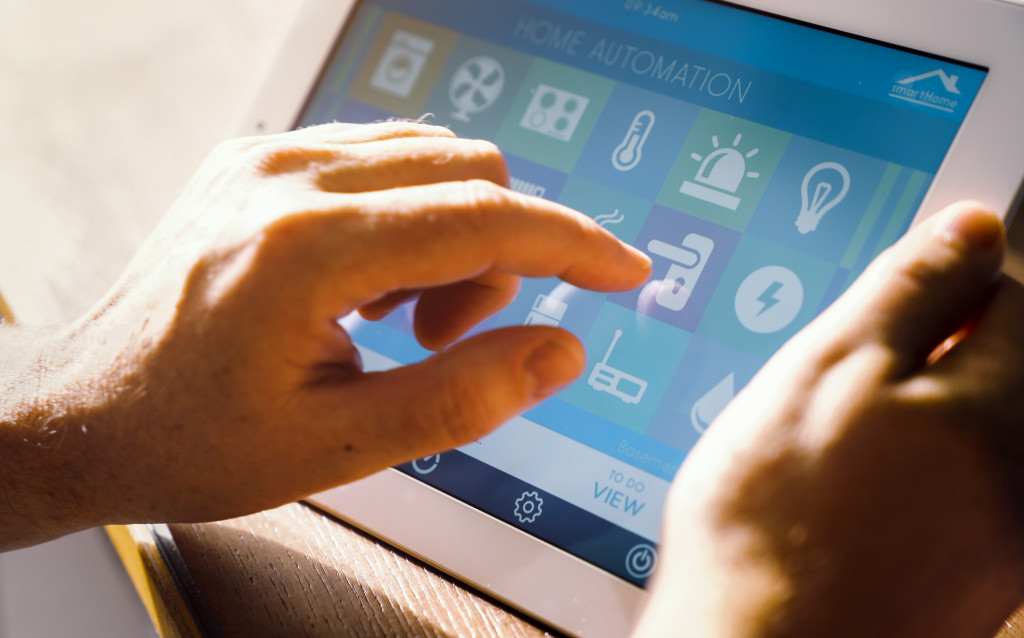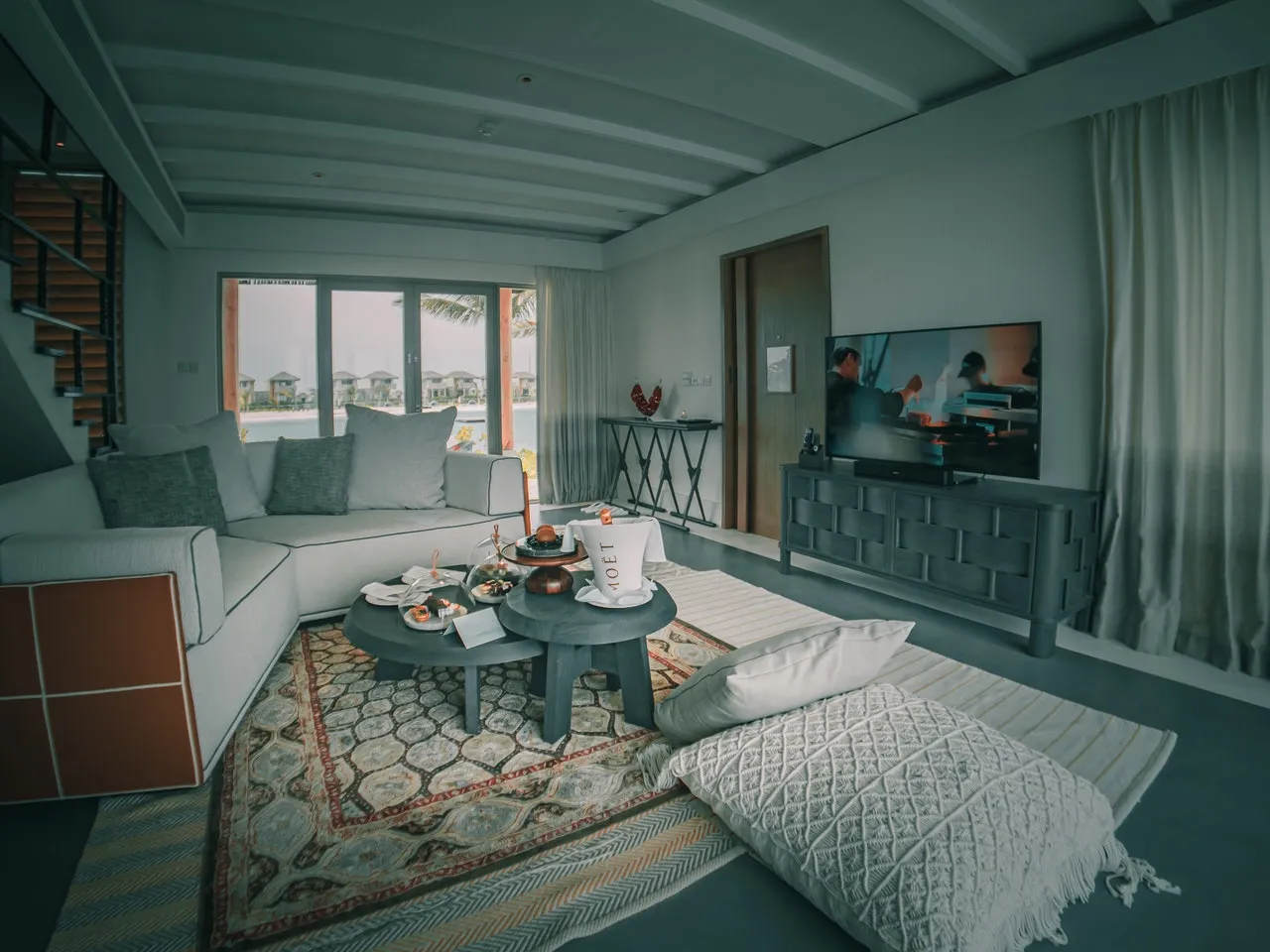- Consider ease of use/set up, security and privacy concerns, budget for hardware or software, and maintenance and repair costs.
- Home automation systems should be secure from cyberattacks, and data should be encrypted to protect user information.
- Estimate the costs of equipment and ongoing maintenance/repair when selecting a system to ensure a positive return on investment.
- Compatibility with existing home systems is essential to maximize ease of use and user convenience.
Automating your home systems is exciting, but you should consider a few things before taking the plunge. From security and privacy concerns to budgeting for the hardware or software needed to make it happen, a lot goes into ensuring you get the most out of any automation system. With these considerations in mind, automating your home can be a rewarding experience that takes convenience and efficiency to new heights!
Automation system considerations
Here are some considerations when choosing an automation system for your home:
Ease of Use/Set Up
When it comes to automating your home systems, looking into the ease of use or setup is essential. Automation should make life easier, not more difficult, or require excessive effort when setting up and controlling devices within the home. Taking the time to consider user interfaces that are simple and intuitive, along with a reliable and capable system, will ultimately provide long-term satisfaction.
With this in mind, choosing a quality Loxone automation system is the best bet for achieving this goal. Loxone offers a powerful control system with components for uncomplicated installation and effortless maintenance. Its user interface options have been designed to be easy to use from day one; its app has recently been upgraded for even easier development and usage of its features. Not only does this automation suite simplify life for residents in daily functioning, but any modifications down the road will also be made effortlessly.
Security and Privacy Concerns

Home automation is an excellent tool for households, but not without the necessary security and privacy considerations. Home automation systems rely heavily on connecting devices online, meaning one should always be mindful of the threat of cyberattacks. Furthermore, as more connected devices are added to a home automation system, users must consider physical and software security protocols when configuring their configuration.
Additionally, all private data associated with home automation must also be encrypted, which ensures malicious actors aren’t able to intercept or use information against individual users. Lastly, having a comprehensive understanding of how home automation providers store and protect user data is crucial for safely managing any system.
Budget for the Hardware or Software Needed
Ensuring you have the appropriate budget for hardware and software needs is essential when automating your home systems. An accurate assessment of the costs before investing in a home automation system can save a homeowner considerable amounts of money and aggravation. Researching and comparing systems well in advance is essential to understand what various options cost.
That way, you can honestly discuss how much you are willing to spend on any given software or hardware for your home automation system. However, be sure not to focus exclusively on price alone, as features and quality should also be considered when making your decision. Properly considering your budget before investing can ensure that you have the best return on investment for precisely what you need when automating your home systems.
Maintenance and Repair Costs

Evaluating the cost of maintaining and repairing your home’s automated systems is essential to building a smart home. Without proper consideration, you could spend significantly more on long-term repair or upkeep than what you save upfront by automating tasks. Maintenance and repair costs for any home automation system must be factored into the decision to invest in them.
Quality parts, frequent maintenance checkups, and repairs as needed help ensure that the system works efficiently over time. Disruptions stemming from faulty parts or wiring can cause significant inconveniences, resulting in costly repairs or even health hazards in some cases if they’re not addressed quickly.
Compatibility with Existing Home Systems
When it comes to automating your home systems, one of the most important factors to consider is their compatibility with existing systems in your home. Ensuring that different systems and products can interact with each other is essential for a successful automation setup.
This compatibility allows users to set up a comprehensive system that maximizes ease of use and user convenience. Furthermore, because many manufacturers are actively producing compatible products, backward compatibility between these devices is crucial. Think of it like building blocks; the better a product fits into the system, the easier and more reliably it will operate.
Potential Resale Value Impact
Home automation systems offer exceptional convenience, comfort, and efficiency. They allow homeowners to control their lights, thermostats, and other appliances from their fingertips with the touch of a button. However, when considering home automation, carefully considering one’s potential resale value impact is crucial. This means understanding how these systems affect the value of a home.
For example, smart home automation may involve replacing traditional switches with automated smart switches that can be controlled remotely — this could impact the price of the house in both positive and negative ways. Potential buyers might see modern automated switching as an added value to the home. Still, on the other hand, smart switch installation could require costly upgrades or even replacements depending on the age of a property and its wiring system.
These are just a few considerations when automating your home systems. Whether it’s security and privacy, budgeting, or potential resale value impact — each element plays a vital role in ensuring that your automation system is both successful and satisfying for years to come.


